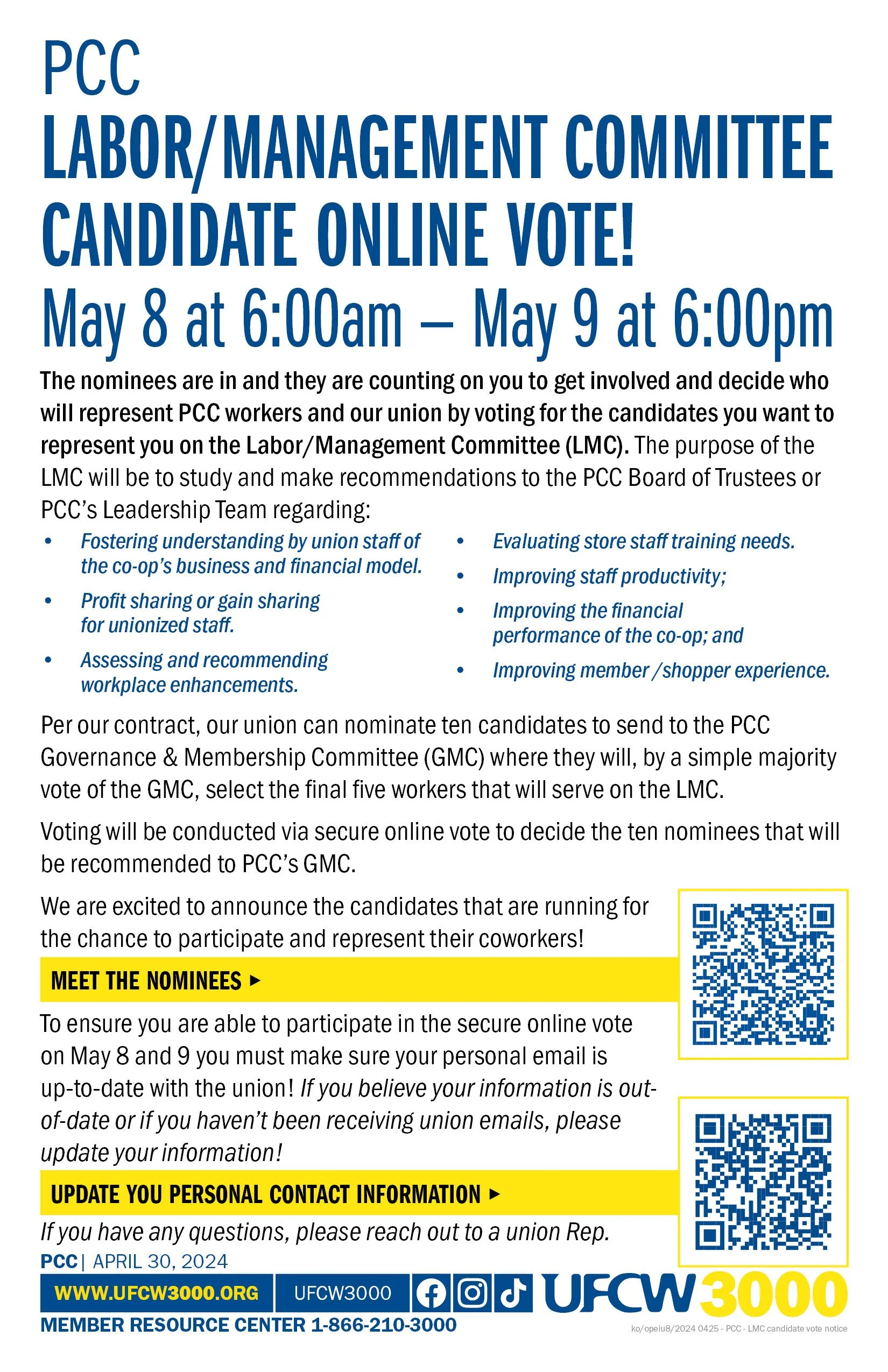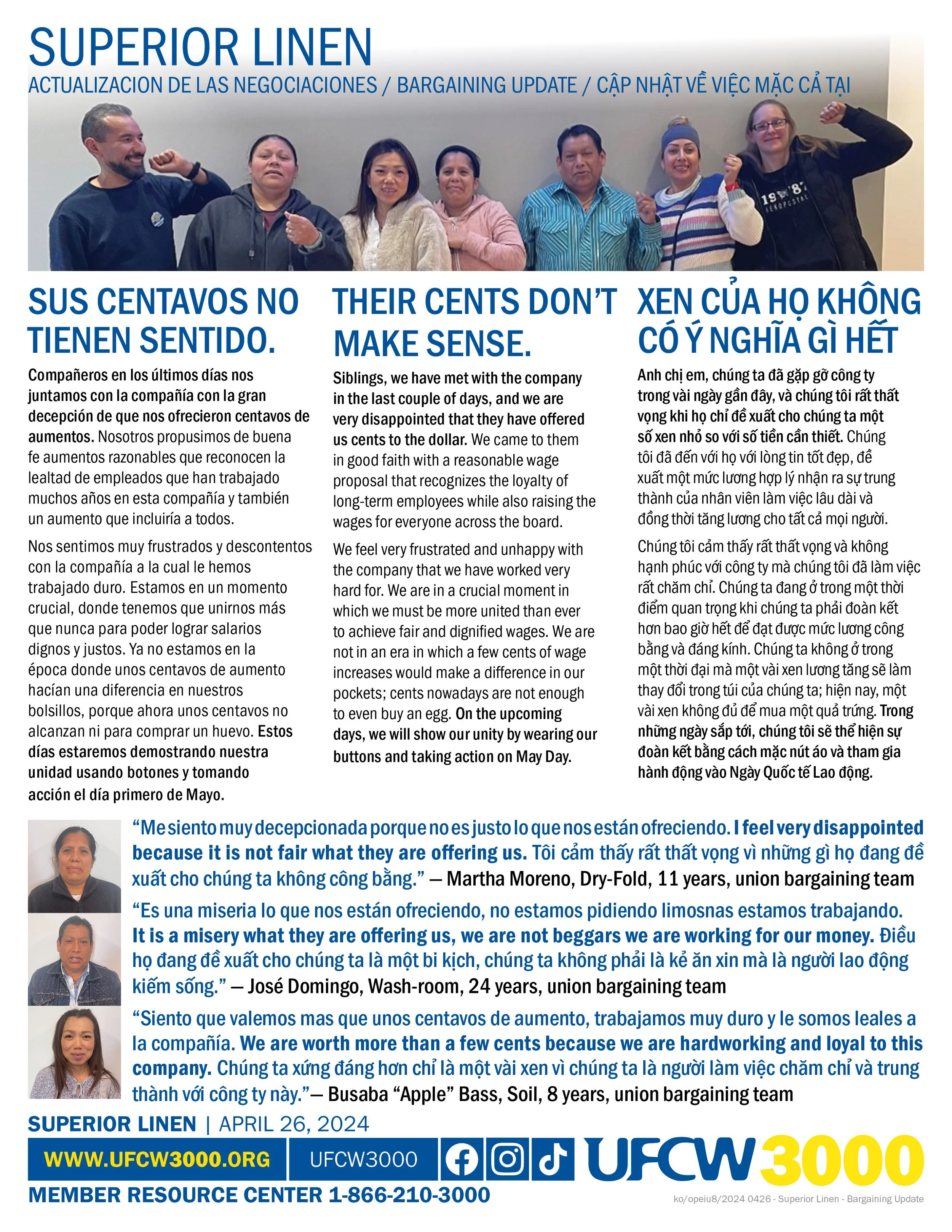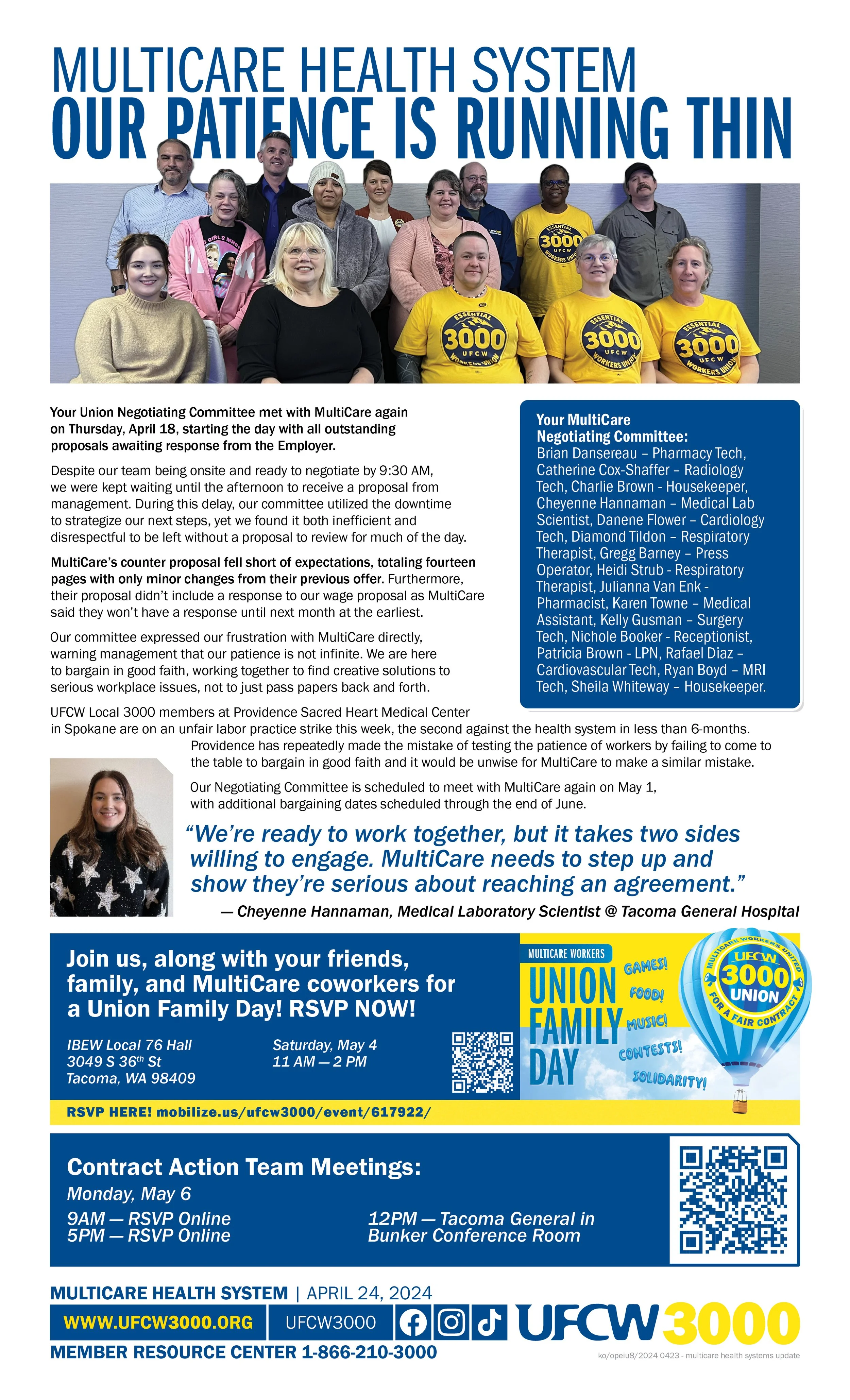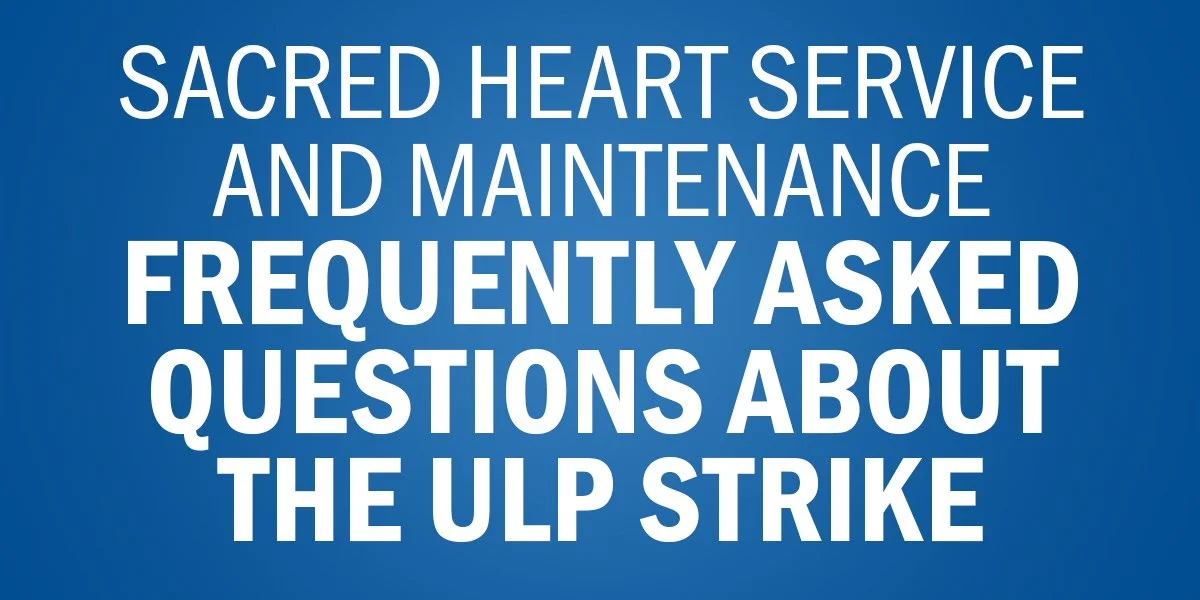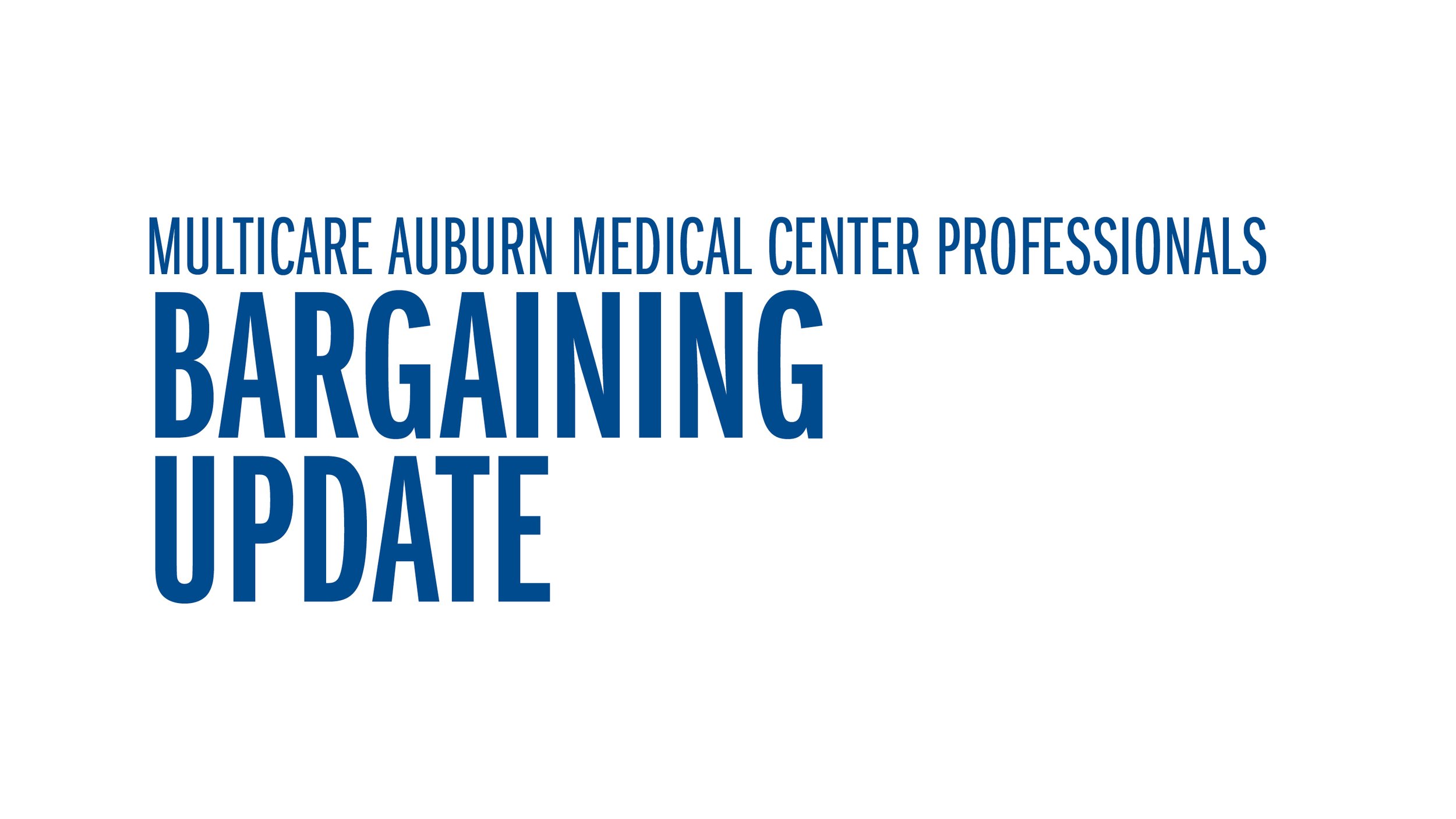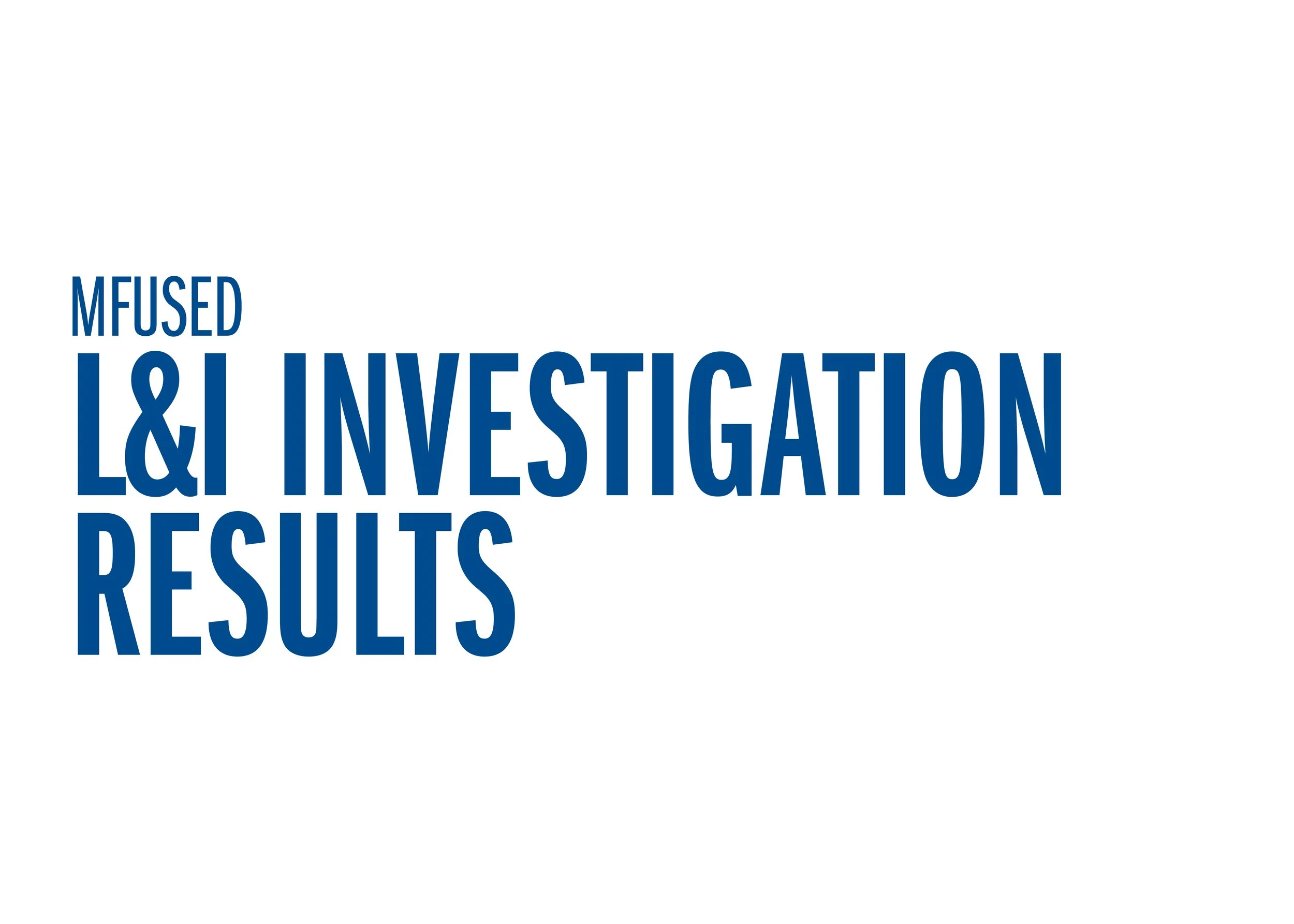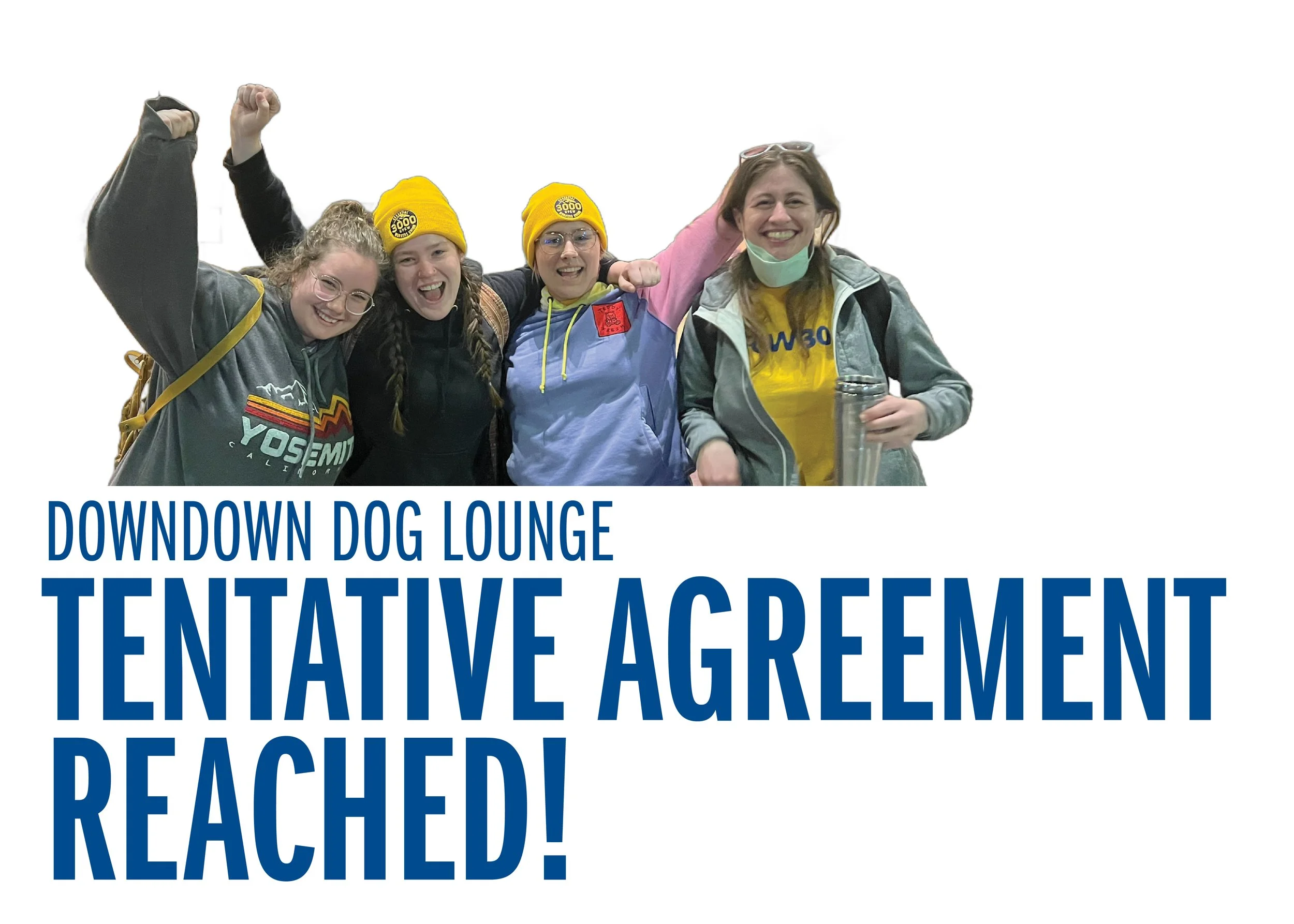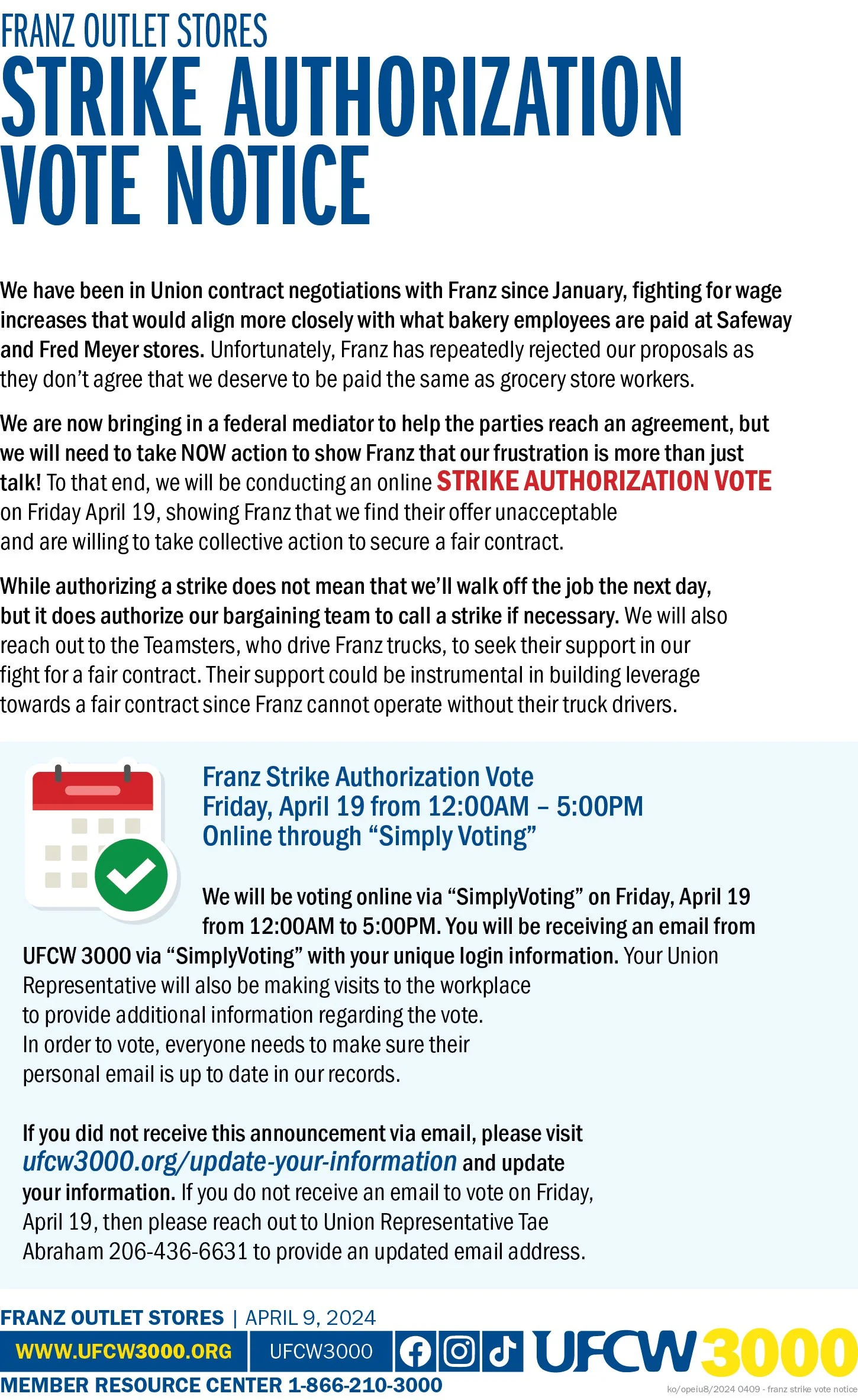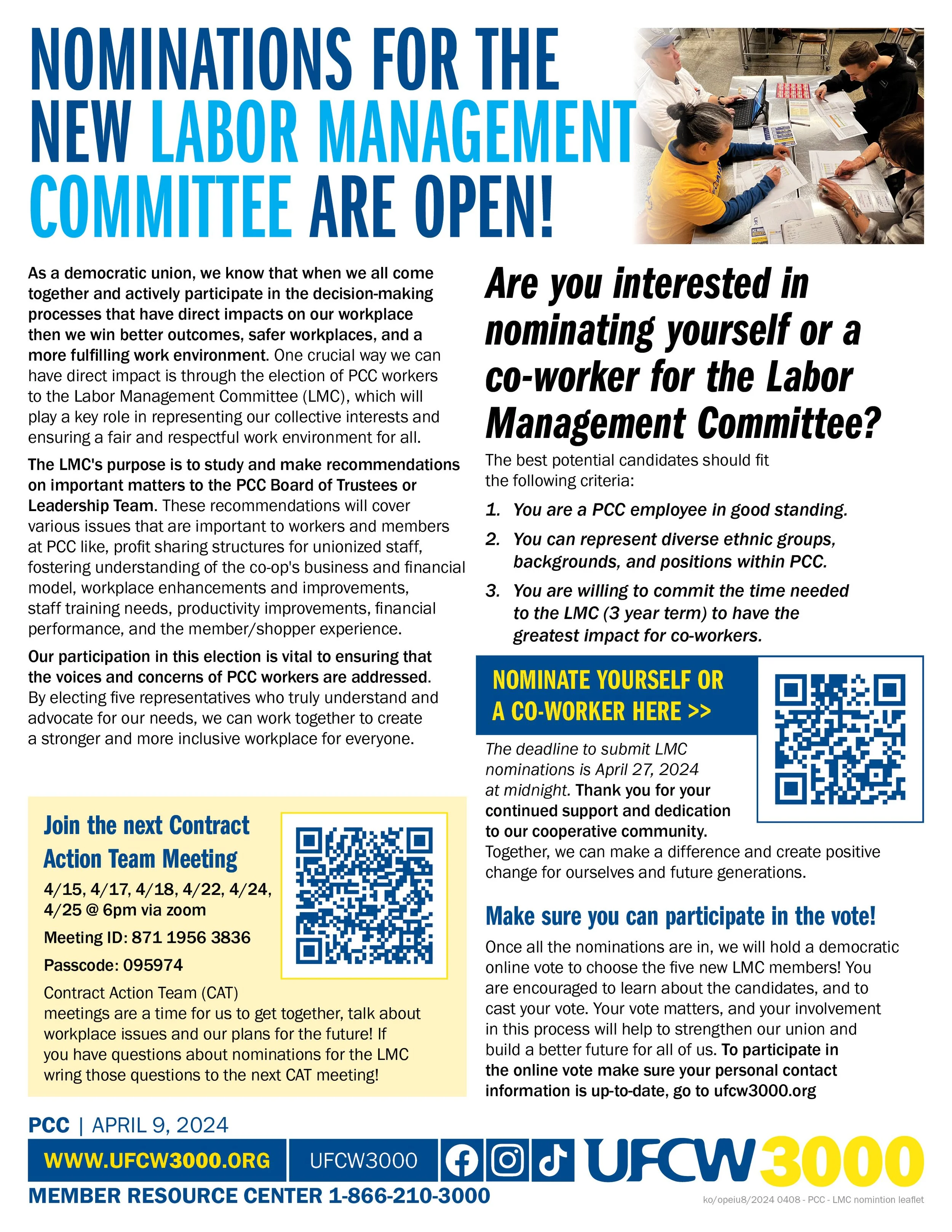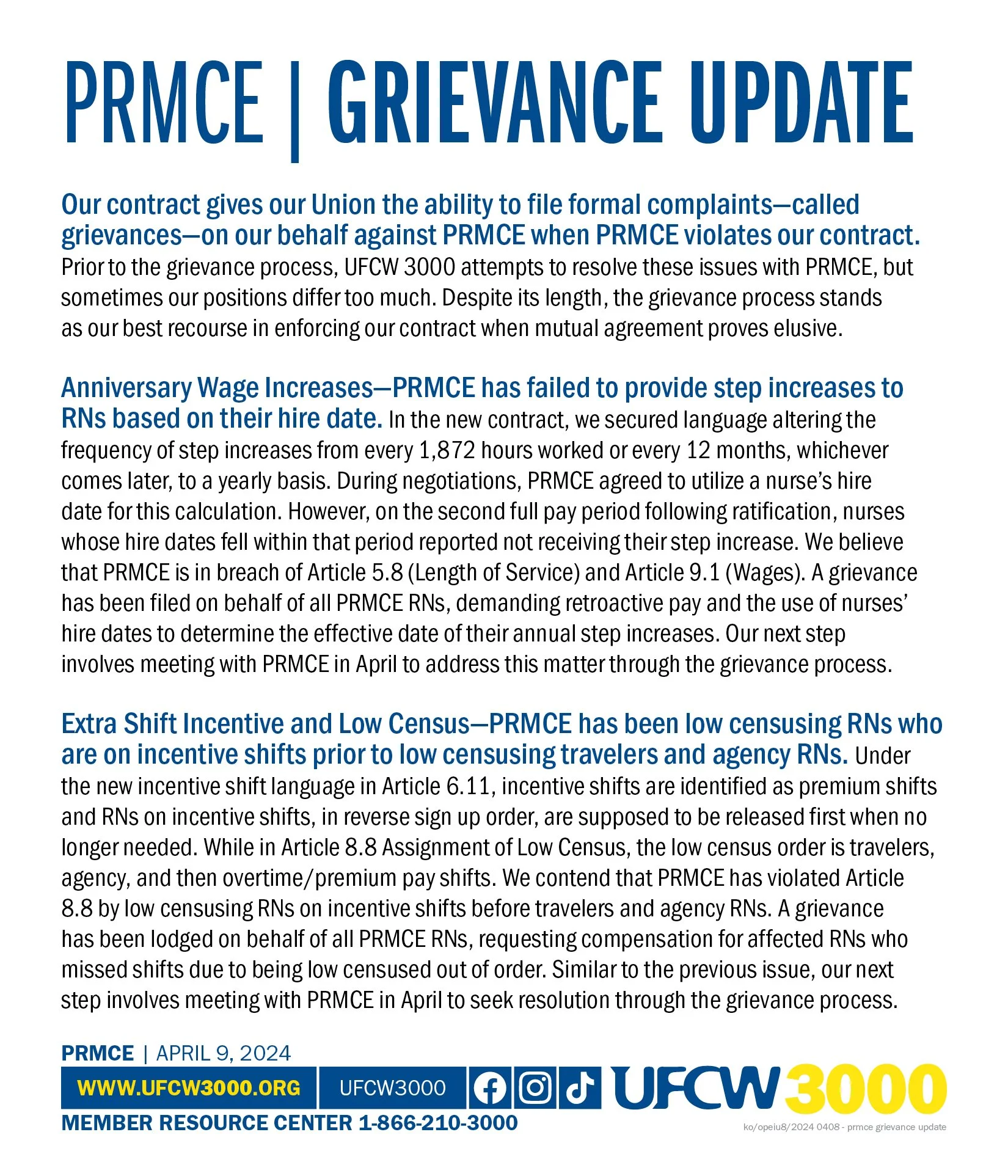Know your Rights! Providence Meal Waiver
/UFCW 3000 is working with Providence to address the Meal Waiver situation. We consider the language in the meal waiver to be a direct negotiation with employees since Providence is asking you to waive rights outlined in our contracts. We want to ensure that you receive appropriate compensation for missed or late meal periods and that your contract is not negatively impacted.
For shifts of 11 hours or more: If your shift length is 11 hours or more, you are entitled to two 30-minute meal periods. If you are currently only receiving one 30-minute meal period and have not waived your second meal period, you may be entitled to compensation. Additionally, the employer may extend your shift based on the language in the CBA and past practices in order to accommodate your second meal period.
It is your right to waive the second meal period, but you may miss out on overtime pay for missing your second meal period if you choose to waive it. While we recommend not waiving your second meal period, the decision to do so is ultimately yours.
We will be holding a Zoom meeting on Monday, February 5, from 6 - 7 pm for all Providence members to ask questions about the meal waiver. Join the meeting at that time by clicking here:
In the meantime, if you have any questions, please reach out to your union rep:
Anthony Cantu (Providence Everett RNs): 206-436-6566
Jack Crow (Providence Everett Pros and Techs): 206-436-6614
Madison Derksema (Providence St. Peter, Providence Radiant Care, and Providence Centralia): 206-436-6603
Lenaya Wilhelm (Providence Holy Family and Sacred Heart): 509-340-7369
Juanita Quezada (Providence Sacred Heart Techs and Providence St. Mary): 509-340-7407
Amy Radcliff (Providence Mt. Carmel and St. Joseph): 509-340-7370
Health Care Rest Breaks & Meal Periods: Know Your Rights and Your Contract
| Shift Length | Rest Breaks | Meal Period |
|---|---|---|
| 4-5 hour shift | 10 min* x1 | 0 |
| 8-hour shift | 10 min* x2 | 30 min x1 |
| 10-hour shift | 10 min* x2 | 30 min x1 |
| 12-hour shift | 10 min* x3 | 30 min x2 |
| 16-hour shift | 10 min* x4 | 30 min x2 |
*10 minutes is the WA State minimum. If your contract bargaining agreement (CBA) states 15 minutes, you should receive 15-minute rest breaks
You must receive a paid rest break for every four (4) hours worked.
You cannot waive your right to a rest break.
Meal Period: Your right to a meal period
A meal period cannot be substituted for breaks: Any employee who works more than four (4) hours gets their breaks as outlined above, and any scheduled meal period.
You are entitled to a 30-minute uninterrupted meal period when working more than five hours. The first meal period must be between the second and fifth hour worked. If you work 11 hours or more during the day, you must receive a second meal period no later than five (5) hours after the end of your first meal period.
Interrupted Mealtime: If you are required to stay on duty during a meal break you are still entitled to 30 total minutes of mealtime, excluding interruptions, plus 30 minutes of pay. Time spent performing the work task is not considered part of the meal period. The entire meal period must be paid no matter the number of interruptions. For example, if you received a 30-minute meal break but had to answer your work phone throughout then you should be paid 30 minutes for your meal period and receive a total of 30 minutes (non-consecutive) mealtime.
Late Mealtime: If you are not given time to have a 30-minute mealtime, you must be paid for your time worked plus 30 minutes. Paying employees 30 minutes for the meal period does not absolve the employer’s responsibility to give you a late 30-minute unpaid mealtime when practicable.
The above is a general guideline to meal periods and rest breaks. For more in-depth information please contact your union representative OR download the Health Care Guide to Meal and Rest Breaks >>



